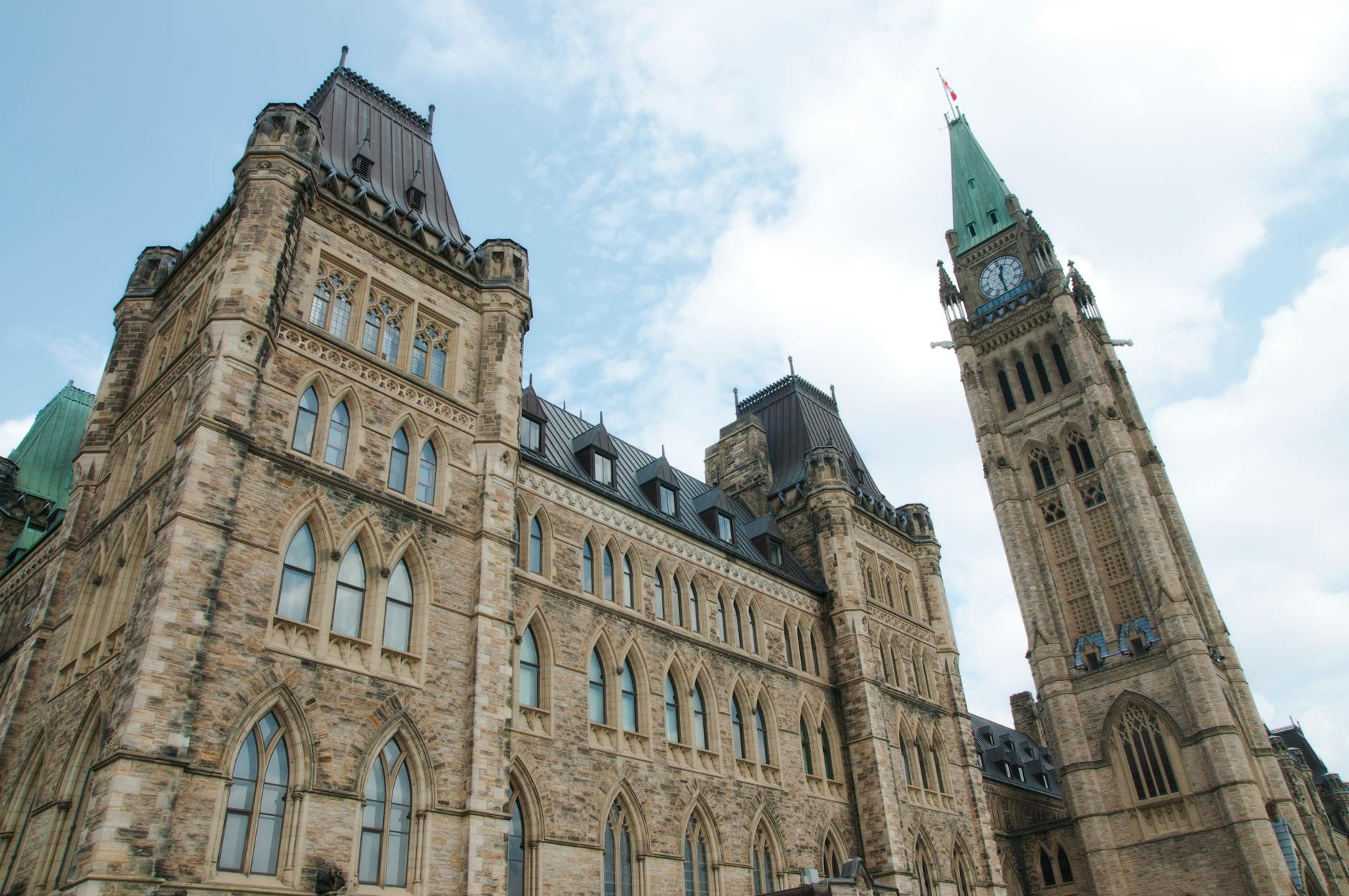As the nation watches Washington D.C. grapple with a looming government funding crisis, legislative leaders are burning the midnight oil, intensely debating solutions through a crucial weekend. Yet, amidst these urgent discussions, a dramatic new focal point has emerged: the legislative filibuster, which has now become the ultimate battleground, deeply dividing the political landscape and revealing an unprecedented level of internal party pressure from the highest echelons of leadership.
Capitol Hill’s Race Against Time: Efforts to Avert a Full Shutdown
Lawmakers on Capitol Hill are engaged in a tense, round-the-clock effort to navigate the treacherous waters of a potential government funding lapse. With critical deadlines approaching, the Senate has committed to working tirelessly through the weekend, underscoring the gravity of the situation and the immense pressure to forge a consensus. The atmosphere is thick with urgency as negotiators strive to find common ground and prevent the nation from facing the disruptive consequences of a federal shutdown. This protracted standoff highlights the complexities of modern legislative compromise.
The Filibuster Firewall: A New Litmus Test for Party Loyalty?
At the heart of Washington’s current turmoil lies a procedural rule now front and center in political discourse: the legislative filibuster. This mechanism, designed to foster broader agreement, has astonishingly evolved into a critical measure of loyalty within one of the nation’s major political parties. Reports indicate that a prominent former president has significantly intensified calls for his party members to abandon or fundamentally alter this long-standing Senate tradition. This escalation comes amidst a period of legislative challenges for the party, fueling an already heated debate about the procedural tool’s future and its impact on policy-making.
Unprecedented Electoral Promises: The Filibuster as a Game-Changer
Adding another layer of intrigue to the filibuster debate are the bold assertions regarding its potential impact on future elections. A leading political voice has put forth a provocative argument: that the elimination of the filibuster could virtually guarantee sustained electoral dominance for one major party. This audacious claim has supercharged discussions, transforming the procedural rule from a mere legislative tool into a perceived linchpin of electoral victory. Such a perspective has profound implications, suggesting a potential seismic shift in the balance of power and the very nature of political competition moving forward.
As the dust settles from a tumultuous week of legislative wrangling, the unfolding drama surrounding the government funding impasse and the fiery debate over the filibuster’s existence highlights a pivotal moment in American politics. The stakes couldn’t be higher, with implications stretching far beyond immediate budget negotiations to encompass the very future of legislative functionality, inter-party dynamics, and long-term electoral strategies. Washington remains gripped, awaiting resolution to this complex and deeply polarizing standoff.

Leave a Reply